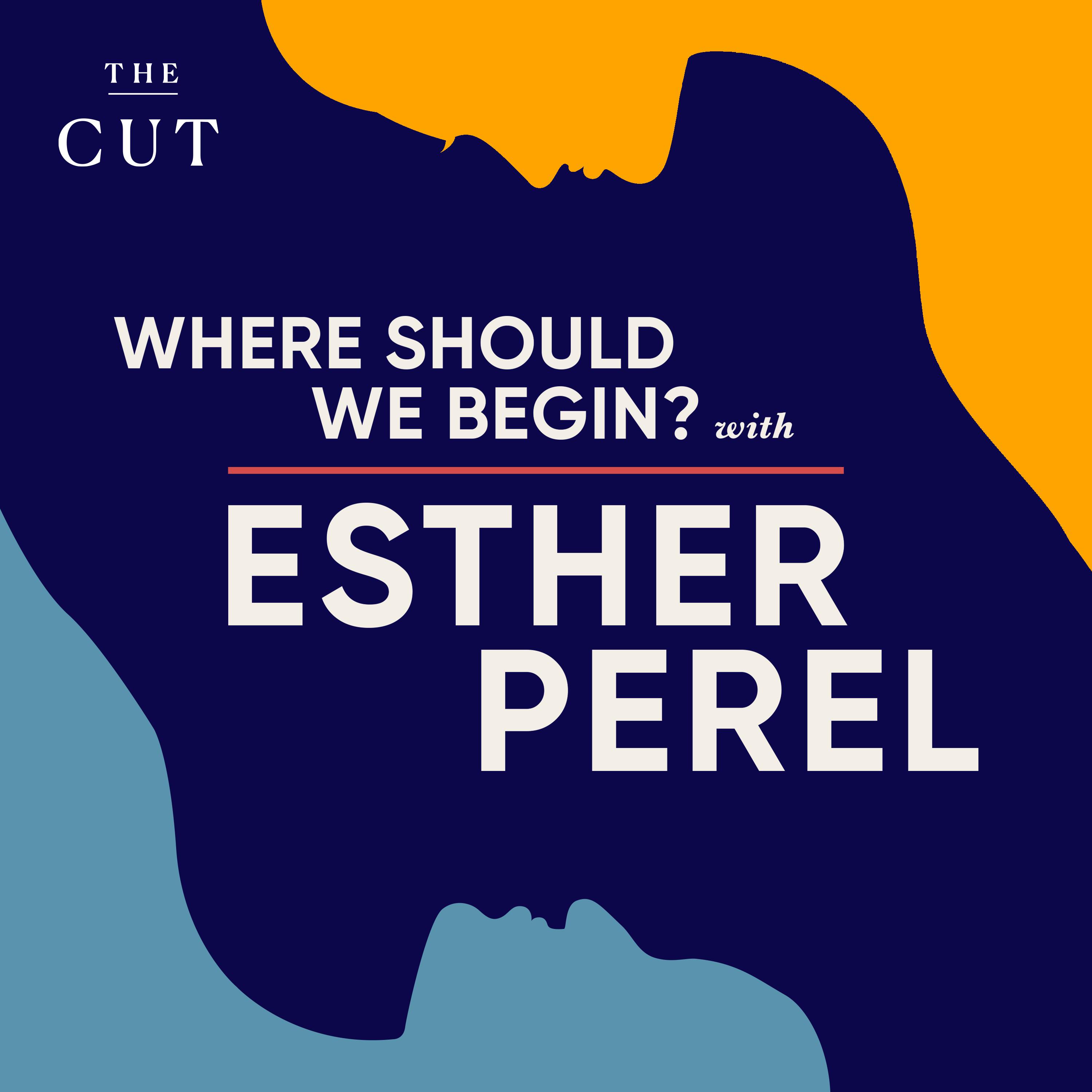
Esther Calling - Did I Get Ghosted or Is He Just Not That Into Me?

Where Should We Begin? with Esther Perel
Deep Dive
Why does ghosting feel more toxic and complicated in close relationships compared to online encounters?
Ghosting in close relationships feels more toxic and complicated because it involves people you have known for a long time, creating a deeper sense of betrayal and helplessness. The emotional stakes are higher, and the loss is more significant, as it often involves losing both a lover and a friend, which can be more damaging than anonymous online encounters.
What is the impact of dating apps on modern relationships according to the speaker?
Dating apps have shifted modern relationships by increasing the perception of endless options, leading to a culture of flakiness and reduced commitment. The speaker notes that the idea of always finding something better has made people less willing to invest time in one person, resulting in slower, less respectful, and more superficial encounters.
How does living in a big city like Berlin affect dating and relationships?
Living in a big city like Berlin makes dating more anonymous and less reliable, as people can easily disappear without accountability. The speaker highlights that the constant influx of new influences and FOMO (fear of missing out) creates a flaky dating culture, making it harder to build strong, lasting relationships compared to smaller communities where people are more likely to reconnect.
What was the speaker's experience with a friend who ghosted her after a friends-with-benefits relationship?
The speaker experienced a deep loss when a close friend and lover ghosted her after a friends-with-benefits relationship. Despite a seven-year friendship, he disappeared for two months without explanation, leaving her feeling hurt and helpless. When she confronted him, he responded aggressively, rejecting her moral standards and refusing to communicate further, which left her questioning the depth of their connection.
What does the speaker suggest about repairing relationships after a breach?
The speaker suggests that repairing relationships requires empathy, curiosity, and a willingness to understand the other person's perspective. She emphasizes the importance of valuing the relationship and acknowledging one's own role in the conflict, rather than assigning blame. Repair involves reconnecting and addressing the issues with care and respect, rather than letting the relationship fizzle out.
How does the speaker describe the difference between ghosting and repair in relationships?
The speaker describes ghosting as a sudden, unexplained withdrawal from communication, leaving the other person in a state of uncertainty. In contrast, repair involves actively addressing the breach in the relationship, acknowledging the hurt, and working towards understanding and resolution. Repair focuses on preserving the relationship and valuing the connection, rather than letting it dissolve without closure.
What role does technology play in modern ghosting according to the speaker?
Technology has accelerated the process of ghosting by enabling instant communication and equally instant disconnection. The speaker notes that while past relationships might have fizzled out over weeks or months, modern technology allows people to abruptly cut off communication, leaving the other person with no explanation or closure. This speed and ease of disconnection have made ghosting more prevalent and painful.
Shownotes Transcript
A young woman notices a pattern in her life of frequently being ghosted. And the last time this happened, it really stung. Not only did she lose a lover but she lost an important friend. Did this friend with benefits ghost her or did she miss something?
For the month of January, Esther is offering 20% off to join her Office Hours on Apple Podcasts. It's a place to continue conversations on important topics like sexlessness, infidelity, or the perils of modern dating. It's also a place to follow up with couples and find out where their stories went. You'll also get an ad free version of all the episodes.
Esther Callings are a one time, 45-60 minute interventional phone call with Esther. They are edited for time, clarity, and anonymity. If you have a question you would like to talk through with Esther, send a voice memo to [email protected].
Learn more about your ad choices. Visit podcastchoices.com/adchoices)